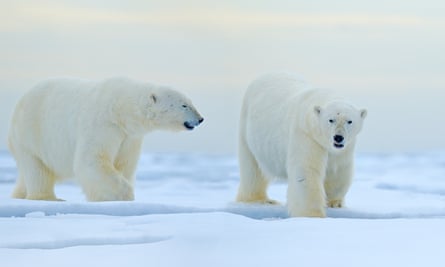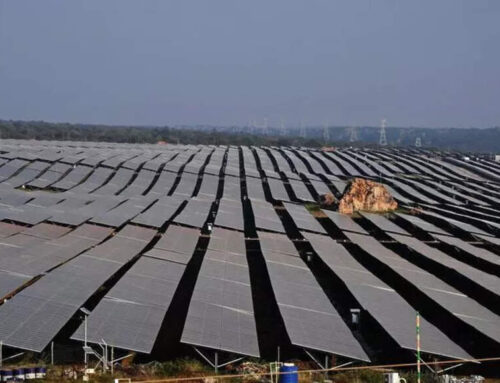Deadly floods and storms affected more than 400,000 people in Europe in 2024
April 14, 2025
The home-wrecking storms and floods that swept Europe last year affected 413,000 people, a report has found, as fossil fuel pollution forced the continent to suffer through its hottest year on record.
Dramatic scenes of cars piled up on inundated streets and bridges being ripped away by raging torrents were seen around the continent in 2024, with “high” floods on 30% of the European river network and 12% crossing the “severe” flood threshold, according to the European State of the Climate report.
The two most destructive examples were the deluges that tore through central Europe in September and eastern Spain in October, which accounted for more than 250 of the 335 flooding deaths recorded across the continent in 2024.
Previous studies have found the disasters were made stronger and more likely because of global heating, which lets clouds pummel the ground with more rain.
Celeste Saulo, director general of the World Meteorological Organisation (WMO), said “every additional fraction of a degree” of temperature rise mattered, but that societies must also adapt to a hotter world.
“We are making progress but need to go further and need to go faster,” she said. “And we need to go together.”
The report, which was published on Tuesday by the EU’s Copernicus climate change service and the WMO, found the numbers of days with “strong”, “very strong” and “extreme heat stress” were all the second-highest on record.
South-eastern Europe experienced its longest heatwave on record in July 2024, searing more than half the region for 13 days in a row, while high heat across the continent contributed to destructive wildfires that affected 42,000 people, the report found. About one-quarter of Europe’s burnt area last year came from devastating wildfires in Portugal in September, which burned about 110,000 hectares in a single week.

Friederike Otto, a climate scientist at Imperial College London and co-lead of World Weather Attribution, who was not involved in the study, said the report “lays bare the pain Europe’s population is already suffering from extreme weather” at 1.3C of global heating above preindustrial levels.
“We’re on track to experience 3C by 2100,” she said. “You only need to cast your mind back to the floods in Spain, the fires in Portugal, or the summer heatwaves last year to know how devastating this level of warming would be.”
The report authors highlighted an “unusual” contrast between western and eastern Europe, with the west tending to be wet and cloudy and the east warm and sunny. River flows tended to be above average in western countries and below average in eastern ones. In several months last year, the Thames in the UK and the Loire in France experienced their highest flows in a 33-year record, the report found.

Glaciers in all regions had net ice loss, with those in Scandinavia and Svalbard losing more mass than ever previously recorded, according to the report. The authors also noted high temperatures north of the Arctic Circle, and the hottest sea surface temperature recorded in the Mediterranean.
Froila Palmeiro, a climate scientist at the Euro-Mediterranean Center on Climate Change, who was not involved in the report, said the extremes “not only have a direct impact on their ecosystems, but also play a role in weather patterns affecting all of Europe”.
Europe is warming twice as fast as the global average but has cut its planet-heating pollution faster than other big economies. The EU plans to hit net zero greenhouse gas emissions by 2050, and is expected to also announce a net 90% reduction target for 2040 later this year.
Thomas Gelin, a climate campaigner at Greenpeace EU, said the report showed that politicians had failed to hold fossil fuel companies accountable and stop the expansion of their polluting businesses.
“The only parts of Europe that aren’t being boiled dry are being washed away in floods,” he said. “The EU must urgently update its climate targets to reflect the scientific reality, and put a stop to new fossil fuel projects as a first step to a full phase-out.”
Search
RECENT PRESS RELEASES
Related Post




